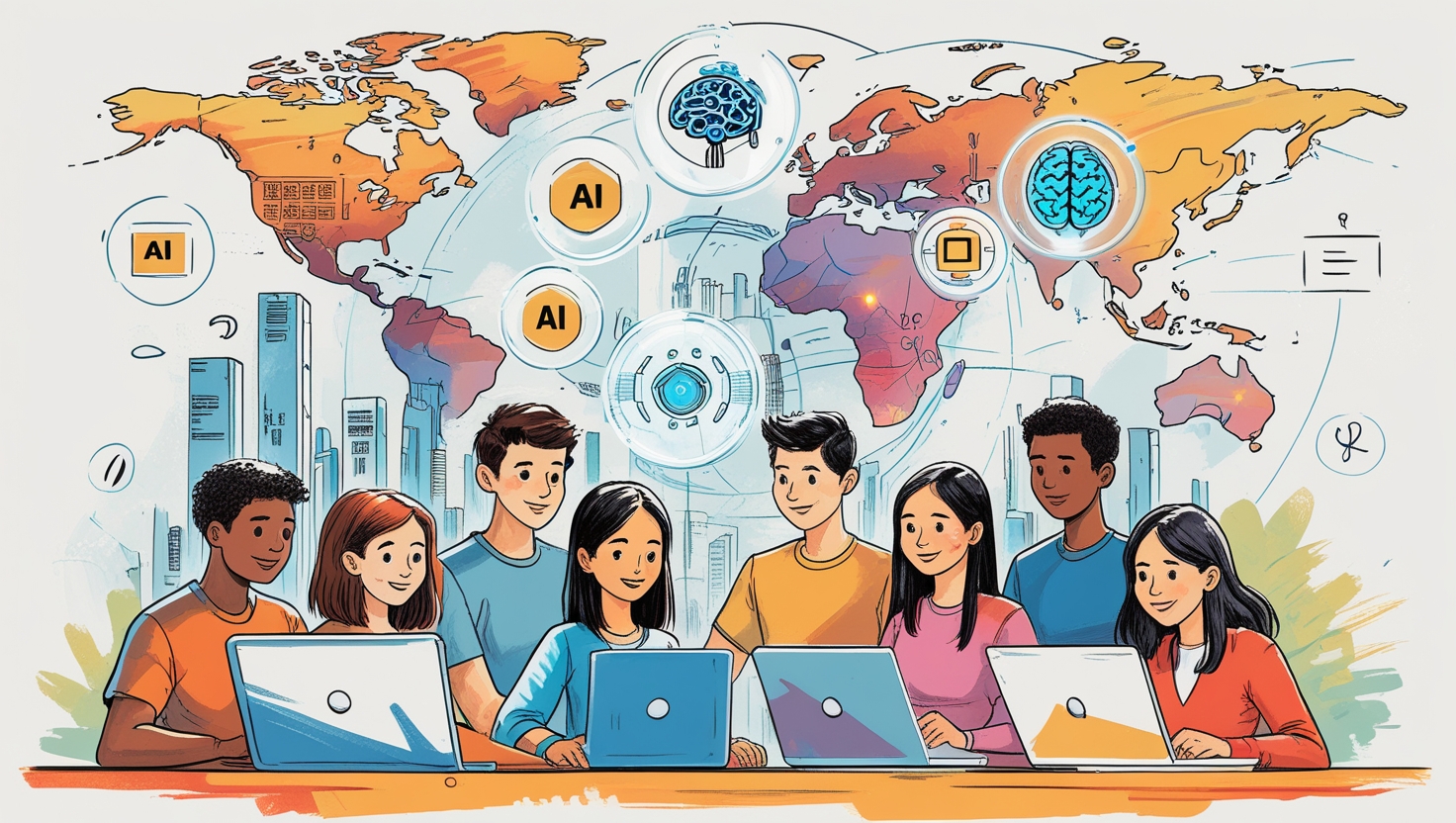The world is changing faster than ever. Technology is evolving, jobs are shifting, and new industries are being created every day. In this fast-paced environment, it’s more important than ever to learn skills that will keep you relevant, adaptable, and ready for whatever the future holds.
Whether you’re a student, a professional, or someone considering a career switch, this article will guide you through key future-ready skills to focus on—and how they can help you thrive in a rapidly changing world.
Why “Future-Proofing” Matters
In the past, people could stick with one job or career for decades. Today, that’s no longer the norm. Automation, artificial intelligence, and digital tools are replacing some jobs while creating new ones.
To stay competitive, we need to keep learning and growing. Future-proofing doesn’t mean predicting the future perfectly—it means being ready to adapt, no matter what comes next.
Top Skills to Future-Proof Yourself
🧠 1. Digital Literacy
At the core of every industry is technology. Even if you’re not a programmer, you need to understand how digital tools work.
What to focus on:
-
Using software like spreadsheets, cloud platforms, and collaboration tools
-
Understanding how data is collected and used
-
Comfort with online communication and cybersecurity basics
Being digitally fluent gives you an edge in nearly every field.
💻 2. Tech Skills (Even Basic Ones)
Not everyone needs to become a full-stack developer, but basic coding or familiarity with tech platforms can take you far.
High-value tech skills include:
-
Python or JavaScript basics
-
Data analysis or visualization tools like Excel, Tableau, or Power BI
-
Understanding APIs, databases, or AI tools like ChatGPT
You don’t have to master everything—just learning the basics shows adaptability and curiosity.
🔄 3. Adaptability and Flexibility
The only constant in the future is change. Employers look for people who can adjust quickly and stay calm under pressure.
How to build it:
-
Try new tools and processes regularly
-
Take on projects outside your comfort zone
-
Reflect on challenges and how you handled them
Being flexible helps you stay confident in uncertain times.
💬 4. Communication and Emotional Intelligence
As automation grows, human-centered skills become more important. Being able to communicate clearly, manage emotions, and work well with others is a major advantage.
Key areas:
-
Listening and giving feedback
-
Managing conflict with empathy
-
Adapting your message for different audiences
These soft skills make teams stronger and leadership more effective.
🎯 5. Critical Thinking and Problem Solving
AI can do a lot, but it can’t replace human judgment—especially when decisions are complex or creative.
Practice this by:
-
Asking “why” and “what if” questions
-
Breaking problems into smaller parts
-
Looking at problems from different angles
These habits help you find smarter solutions in any situation.
🌍 6. Cultural Intelligence and Global Thinking
The world is more connected than ever. Whether you work in tech, healthcare, education, or business, you’ll likely interact with people from different cultures and backgrounds.
What helps:
-
Learning another language
-
Being open to diverse ideas
-
Understanding global trends and how they affect your work
Cultural awareness helps you lead with understanding and grow beyond your local mindset.
🎨 7. Creativity
Creativity isn’t just for artists—it’s a powerful skill in any job. Coming up with new ideas, spotting trends, or finding unique solutions is highly valuable.
Ways to boost creativity:
-
Keep a notebook of ideas
-
Try brainstorming without judgment
-
Expose yourself to different fields (art, tech, business)
In a world of change, creativity is your secret weapon.
How to Start Building These Skills
You don’t need a fancy degree or expensive training to future-proof yourself. Here are some simple ways to get started:
-
Online Courses: Platforms like Coursera, Udemy, and Khan Academy offer free or low-cost courses
-
Podcasts and Blogs: Stay updated on trends in your field and beyond
-
Volunteer or Freelance: Get hands-on experience and build your portfolio
-
Read Widely: Books, articles, and case studies can open your mind to new ideas
Consistency matters more than speed. Learning just a little every week adds up over time.
Conclusion: The Future Belongs to the Curious
You don’t need to predict the future—you just need to be ready for it. By learning new skills, staying flexible, and nurturing your curiosity, you can thrive no matter how the world changes.
Start small, keep going, and remember: the best way to future-proof yourself is to never stop learning.





